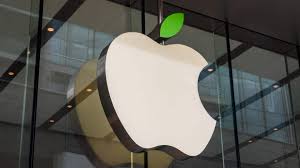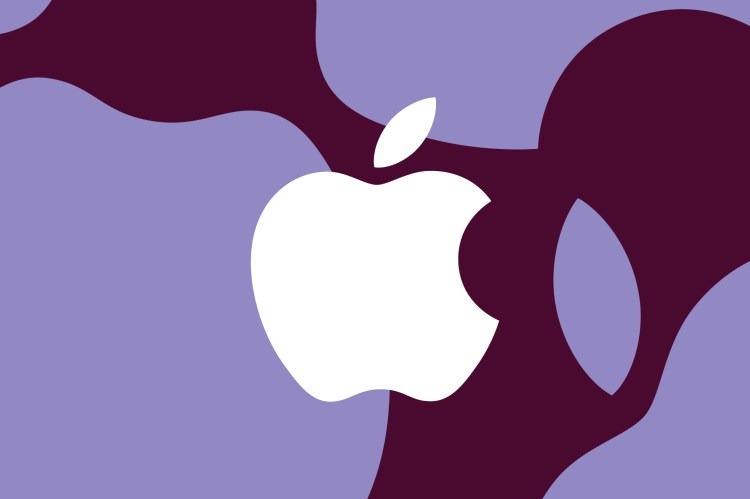Apple’s decision to drop its lawsuit against a former iOS engineer accused of leaking sensitive information about its highly anticipated Vision Pro project has generated widespread discussion in the tech industry. This development raises questions about intellectual property protection, corporate secrecy, and the complexities surrounding high-stakes product innovation in the competitive tech sector.
The legal dispute centered around allegations that the former engineer, who had access to privileged and classified information, shared critical details about Apple’s Vision Pro, a project regarded as a major breakthrough in augmented and virtual reality technology. This headset is seen as a flagship product poised to redefine user experiences in immersive digital environments. Despite these accusations, Apple’s decision to withdraw the lawsuit has left observers speculating about the factors behind the abrupt resolution and its potential implications.

One crucial aspect of the case was the value Apple places on confidentiality and secrecy. As one of the world’s leading technology companies, Apple has built its brand on maintaining strict control over information concerning its upcoming products. This commitment to secrecy is part of what fuels the company’s ability to surprise and captivate consumers at launch events. Allegations of leaked information therefore represent a significant breach of trust and security within the company.
The Vision Pro, a highly anticipated piece of hardware, has been described as a revolutionary step in augmented reality technology. With cutting-edge features and advanced integration capabilities, the device is expected to set a new standard in the industry. The concern was that leaking crucial information could provide competitors with an unfair advantage and potentially undermine Apple’s competitive edge. Such concerns often prompt tech giants to pursue aggressive legal action to deter future breaches.
However, in this case, Apple chose to drop the lawsuit, which raises questions about the motivations and evidence surrounding the case. Legal experts have suggested several possible reasons for Apple’s decision. One possibility is a lack of sufficient evidence to conclusively prove that the former engineer was responsible for the leak. Intellectual property cases can be challenging to prosecute, particularly when digital evidence may be circumstantial or difficult to trace.
Another plausible explanation is that Apple may have determined that continuing the legal battle would not be in its best interest. High-profile lawsuits often attract media attention, which can lead to the very publicity companies aim to avoid. Prolonged legal disputes can also be a drain on resources and may distract from the company’s primary focus on innovation and product development.
There is also the potential that Apple and the former engineer reached a confidential settlement agreement. Such agreements are common in legal disputes and often involve conditions that both parties agree upon, including non-disclosure clauses and sometimes financial compensation. If this were the case, it would allow Apple to resolve the matter quietly while avoiding the risk of further exposure of sensitive information.
The incident highlights the ongoing challenges that technology companies face in protecting their intellectual property. As products become more complex and development cycles involve larger teams, the risk of leaks increases. Companies are continually seeking ways to improve security protocols and foster a culture of loyalty and discretion among employees.
Another important consideration is the role of ethics in handling proprietary information. Engineers and developers who work on groundbreaking technology often have access to information that is not only valuable but also subject to legal protections. Ethical considerations play a crucial role in guiding their conduct, and companies invest heavily in training and policies to reinforce the importance of safeguarding company secrets.
Apple’s decision to withdraw the lawsuit may also reflect the company’s strategic thinking about public relations. Legal battles, particularly those involving former employees, can create a negative perception and potentially deter top talent from joining the company. By resolving the matter without a protracted legal fight, Apple may be signaling its commitment to maintaining a positive work environment and focusing on future growth.
The Vision Pro project itself remains a focal point of interest in the tech community. Apple’s ability to keep most details about the device under wraps speaks to the company’s continued emphasis on secrecy and innovation. Despite the alleged leak, the company appears to be moving forward confidently with its plans for the product’s launch and market positioning.
This case serves as a reminder of the broader issues surrounding intellectual property and information security in the technology sector. As companies push the boundaries of innovation, the need to protect sensitive information becomes increasingly critical. Balancing transparency with security is a challenge that all major tech firms must navigate.
In addition to legal measures, companies like Apple are likely to continue investing in advanced security technologies to monitor and protect against data breaches. The use of artificial intelligence and machine learning to detect anomalous behavior and unauthorized access is becoming more prevalent. Moreover, fostering a culture of accountability and responsibility among employees will remain a cornerstone of efforts to protect corporate secrets.
While the resolution of this particular case may not provide a definitive answer to all the questions it raises, it underscores the importance of trust, security, and strategic decision-making in the world of technology. For Apple, moving beyond the lawsuit allows the company to refocus its efforts on delivering groundbreaking products and maintaining its reputation as a leader in innovation.
For consumers and industry observers, the incident offers a glimpse into the complexities of product development and the high stakes involved in bringing new technology to market. The Vision Pro project continues to generate excitement, and Apple’s ability to navigate challenges and maintain its focus on innovation will undoubtedly shape its future success.
As the tech landscape continues to evolve, the lessons learned from this case will likely inform how companies approach security, legal disputes, and employee relations. For Apple, maintaining its position at the forefront of innovation will require not only technological advancements but also a commitment to protecting the ideas and information that drive its success.










Add Comment